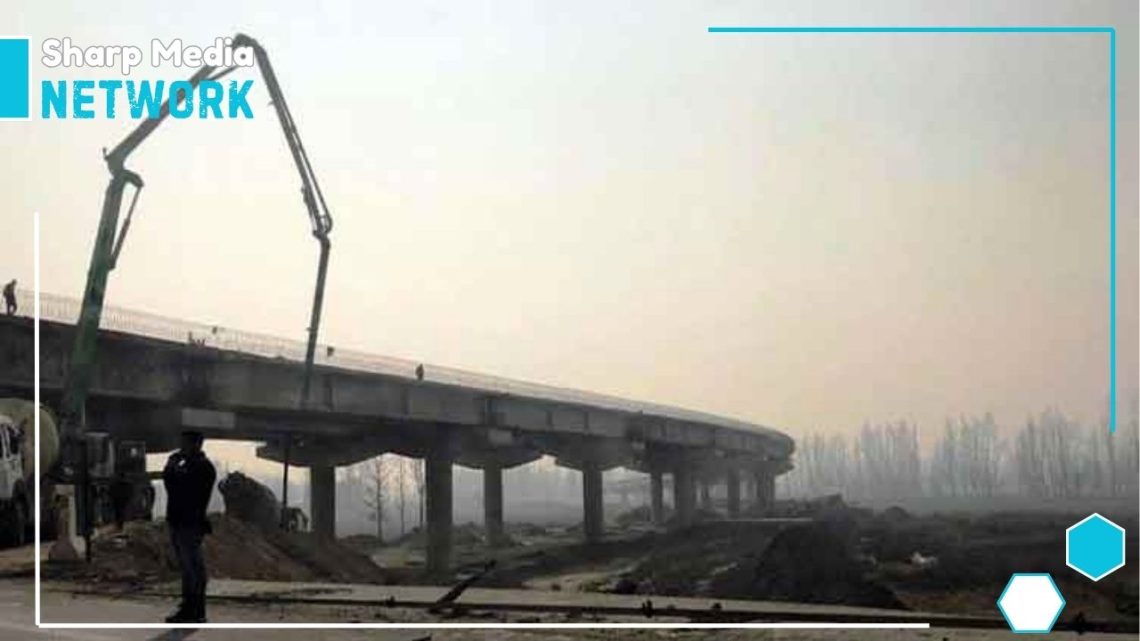
Rejection of Infrastructure Projects & Safety Concerns for Non-Local Workers in IIOJK
January 7, 2025Can development truly be called progress when it strips locals of their land, disrupts their lives, and fuels a climate of insecurity?
The contested region of Indian Illegally Occupied Jammu and Kashmir (IIOJK) finds itself at the center of controversial infrastructure projects that are raising alarms among residents and international observers alike. Far from fostering development, these projects are perceived as veiled attempts to alter the region’s demographics and fortify India’s grip on the territory. With increasing attacks on non-local workers and relentless protests by locals, the narrative of “normalcy” often propagated by the Indian government appears fragile and unconvincing.
One of the key concerns among locals is the overt promotion of Hindu religious tourism under the pretext of infrastructure development. The construction of railway lines, including the highly contested Anantnag-Pahalgam project, reflects deeper motives beyond simple connectivity. The project’s path threatens to consume vital agricultural land in Dirhama village, jeopardizing the livelihoods of many Kashmiri families. With existing road connections already facilitating travel, residents question the necessity of the railway, labeling it redundant and destructive.
Despite lofty claims of peace and security in IIOJK, the region remains unsafe for non-local laborers involved in these projects. Attacks on workers have underscored the inability of security forces to ensure their protection, exposing BJP’s narrative of stability as hollow. This precarious environment raises a fundamental question: can IIOJK truly become an international tourist hub when even basic security cannot be guaranteed for those building it?
India’s infrastructure expansion in IIOJK blatantly violates international mandates and human rights protocols. Projects like the Anantnag-Pahalgam railway not only threaten to displace local communities but also degrade green spaces and agricultural land. This encroachment poses a severe risk to the ecosystem, further diminishing the environmental integrity of the region. The United Nations has repeatedly condemned such exercises as illegal attempts to alter the demographic and geographical fabric of the territory.
Kashmiris increasingly view these projects as part of a broader colonial agenda aimed at reinforcing India’s dominance. The facilitation of Indian security force movements through new infrastructure fuels further tensions, aggravating the already volatile situation. By allotting over 550 kanal of land to religious trusts for Hindu pilgrimage expansion, the Indian government systematically chips away at Kashmiri autonomy, prompting protests and local resistance.
The ongoing infrastructure projects in IIOJK are not merely a matter of development but a reflection of larger political and demographic ambitions. As Kashmiris resist these incursions, the international community must acknowledge the broader implications—from human rights abuses to ecological degradation and security destabilization. True progress in the region can only stem from respecting the voices of its people, protecting their land, and upholding international legal frameworks.
Raising awareness and advocating for Kashmiri rights remains paramount. It is imperative to challenge narratives of fake “normalcy” and shine a light on the underlying realities for the future of IIOJK.

